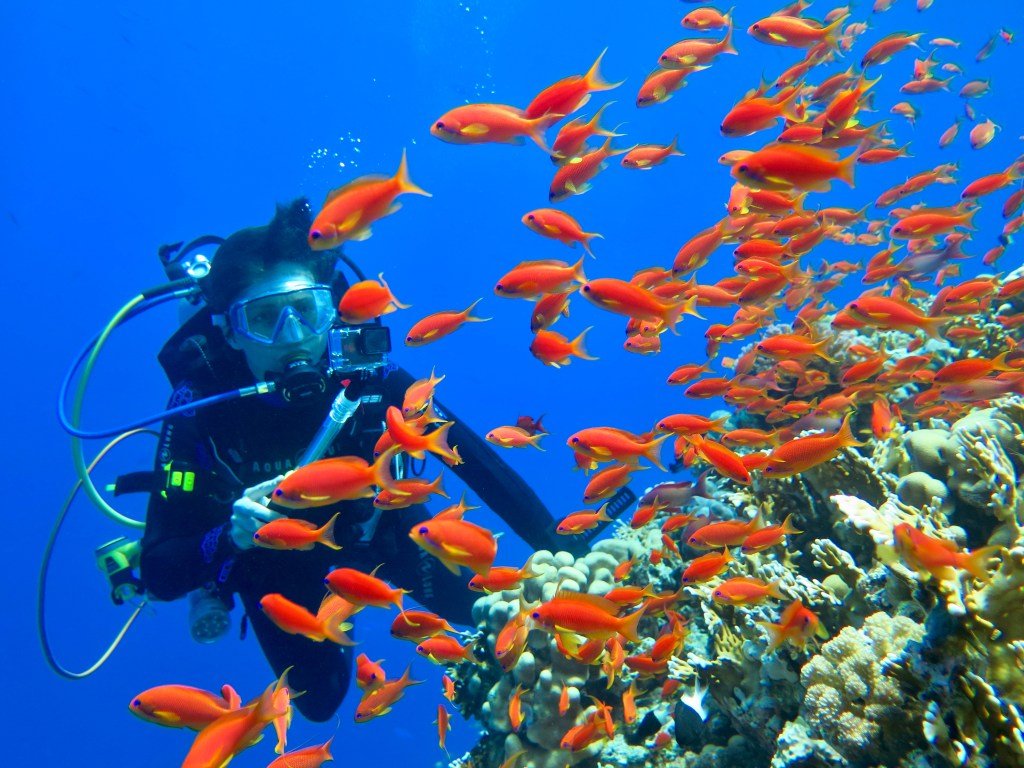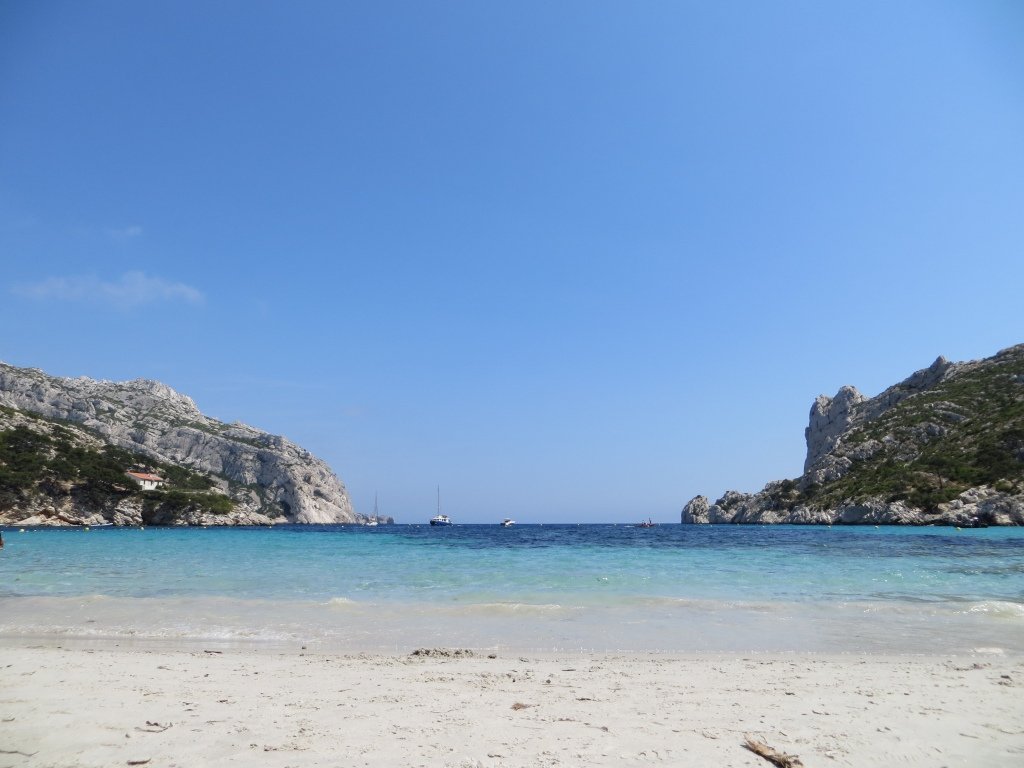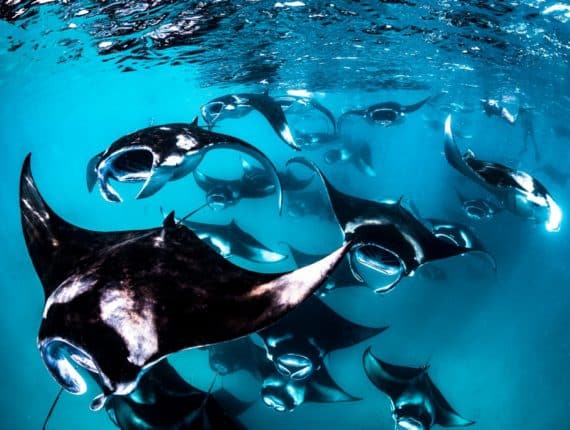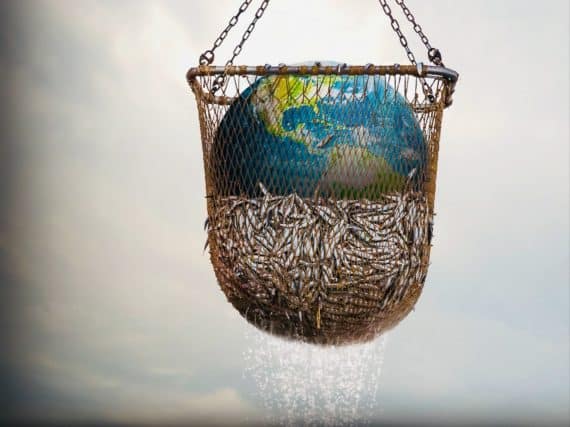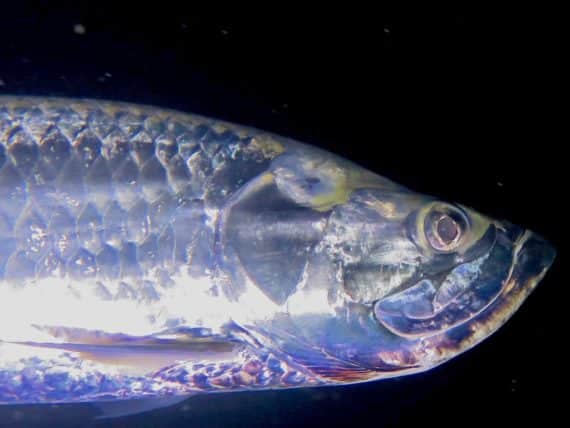Should we really be afraid of sharks ?
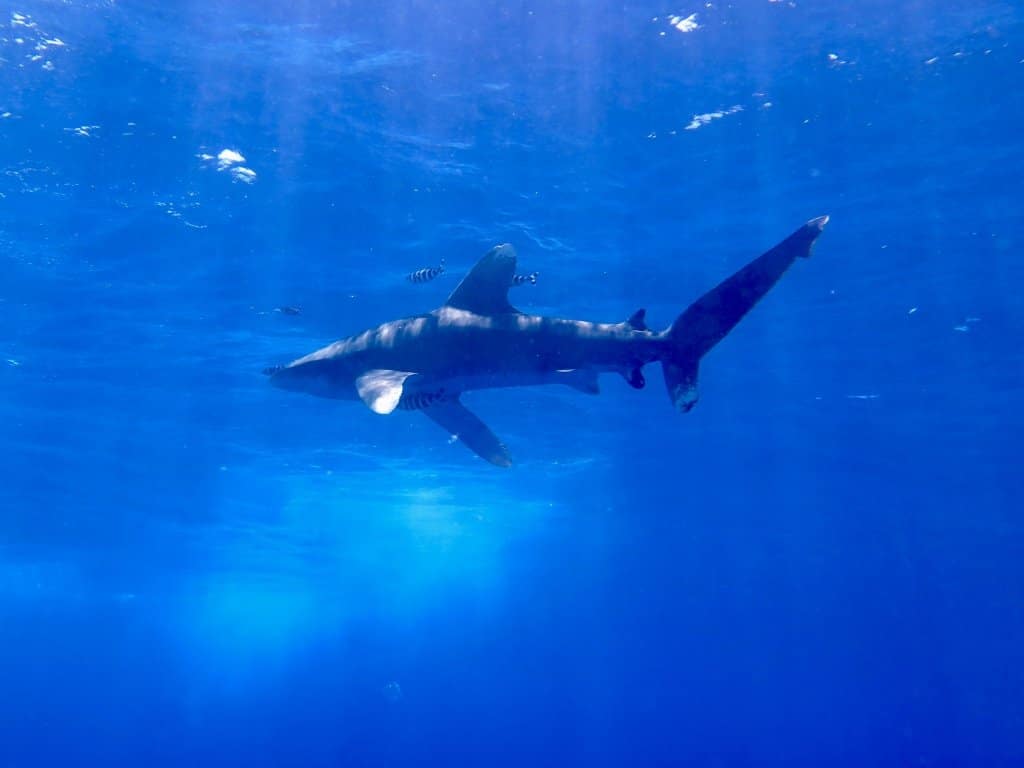
Scuba diving sharks attacks are regularly on the front page.
At the beginning of the year, fatal scuba diving sharks attacks also fatal for surfers or swimmers, particularly in La Réunion, revived the issue. The topic became hot and supporters of both “pro-sharks” and “anti-sharks” camps sometimes argued in a virulent manner.
For divers who are under the water around the world, it may be interesting to take into account this burning and sensitive issue. Should we really be afraid of sharks?
The situation on the island of La Réunion (particularly concerned) highlights the negative and erroneous image of these large fish.
A few days ago. I was hit by a video showing a swimmer on a Mexican beach busy pulling out a small hammerhead shark.
He was pretending to want to let him die in the sand. Internet users (mostly diving enthusiasts) who responded to the video raged in a flood of understandable insults. Later some questioned the reasons for the act (Was it to remove a hook from his mouth ?).
Although we were not really in a position to know the reality of this story. (because the video stopped before the shark was delivered or died). The reactions of the Net surfers showed that they are sick and tired about the cruel and unjustified behavior imposed on sharks all over the world. (And I prefer not even to think about shark fins this is … so disrespectful of animal life to me)
Scuba divers all over the world travel thousands of kilometers to reach diving spots in hopes of seeing sharks with scuba diving sharks attacks very limited. And millions of swimmers on beaches around the world are still traumatized by the sight of the film ” Jaws “in the 70s.
How many times did I not have to explain to my relatives who worried for me that “no, it is not dangerous to go diving with sharks“. And that “yes, I hope to meet some during my next dives “.
Yet it is really important to listen to and understand people’s points of view. Also fears (even if they do not seem justified) conveyed by the images of cinema which demonize an impressive animal. But so useful for the balance of our Oceans and our planet.
To do this, it is useful to continue to inform people and provide them with a more accurate understanding of the realities of sharks and issues for eco-systems.
To answer the question: “Should we really be afraid of sharks ?”, I suggest that we consider together these different questions:
Are sharks attracted by human blood ?
Sharks are not interested in human beings who are not part of their diet. Several experiments have shown that sharks are not attracted by human blood or urine.
Enthusiasts have been cutting their skin under the water to prove the safety of sharks to human blood 😮
But if sharks are not interested by humans, why do they make victims every year and not only for scuba diving sharks attacks ?
First of all, it must be remembered that, although the number of scuba diving sharks attacks is higher. Sharks are responsible for only 10 deaths per year …
In comparison, jellyfish kill 5 times more than sharks and crocodiles 100 times more.
This is obviously still significantly less than mosquitoes with 800,000 dead or even dogs.
But will all dogs be eliminated from the surface of the earth ? This question is will never come to your mind and it will probably never happen, fortunately.
However, with every shark attack, campaigns are carried out to eliminate these big fish.
Sharks that attack humans usually do so by mistake or accident by confusing the person with prey (turtles, sea lions, …), which pushes them, most of the time to let go the person. However, the victim may die from the wounds of this attack, which is always a terrible human tragedy.
So what can we do to prevent these scuba diving sharks attacks ?
It should be remembered that of the more than 300 species listed, only 5 species of sharks are potentially dangerous for humans during scuba diving sharks attacks. The great white shark, the bulldog shark, the tiger shark, the blue oceanic shark and the Mako.
Other sharks are generally harmless despite their imposing size this is the case for whale sharks for example.
We should therefore respect some basic rules to prevent shark attacks during bathing and in all cases in regions at risk.
The first is compliance with security measures :
- Do not bathe close to the mouth of a river (especially after rain) or in unclear waters
- Do not bathe in forbidden places (it falls under the senses)
- Do not bathe at dusk or at dawn (hunting time)
- Prefer to swim or sur in a group
- Do not use excessively colored material (which may remind the shark of its prey) or of shiny material
- Getting out of the water immediately in case of shark alert
- In case of confrontation with the shark, try to position himself in such a way as to be seen and recognized by him (so that he sees that it is not one of his prey)
- …
Another way is to set up prevention tools, mainly in risk areas. The excellent video below summarizes the possible actions :
But would not it be easier to eliminate all sharks simply ?
The answer is obviously NO.
At first this solution would be sad for all shark lovers.
But above all, the disappearance of sharks would be responsible for an imbalance of the marine ecosystem, of which it is difficult (impossible) to measure all the consequences.
What is known, however, is that the ocean is the first lung of the planet and that plankton releasing most of the global oxygen from the earth helps keep us alive. However, this plankton can exist only if the entire food chain is regulated.
The problem is that sharks, being in the front line of this food chain are the first regulators.
If they were to disappear, the whole chain would be in danger … including humans.
Jérôme Delafosse also gives an excellent explanation of the mechanism of the food chain in his film “sharks of anger” in which he explains that our survival depends on that of sharks and that we are intimately linked despite the fears that these wonderful animals can cause. A little extract to make you want to see it 😉
Finally, should we be afraid of sharks ?
In the case of scuba diving sharks attacks, the answer could be NO. Sharks see divers and identify them as foreign to their diet. Sometimes some sharks will come closer to brushing or jostling a diver. Most of the time, this is due to the fact that sharks are used to being baited on this site (or fed) and that they are waiting for their “rewards”. There are a few shark bites in cases of shark feeding, which I do not like at all.
Sometimes sharks may also come very close to divers when they have, for example, cameras with large domes or other shiny objects. Sometimes the divers must push the sharks firmly.
Besides shark feeding and underwater fishing (sharks are attracted and edgy by the blood of other fish), I personally never heard of shark attack on divers while diving.
While swimming or surfing and other surface aquatic activities, the answer is not so clear.
Of course, shark attacks remain anecdotal around the world. However, we must consciously bear in mind that sharks remain animals that are sometimes close to the coast. and that if we want to limit the risk of accidental attacks, we must respect the rules of prevention mentioned above. And do not forget that we invade their territory and not the other way around 😉
Is it because they are rare that the scuba diving sharks attacks are so mediated ? because we do not see them ? Is it the fault of cinema that created a real psychosis and fueled the wildest fears ?
Whatever the reasons, in my opinion, the first thing to do is to continue tirelessly to hear each other’s views and to disseminate clear information to give sharks a more positive image.
This is for the preservation of sharks, the pleasure of observing them during our explorations of diving and especially for our survival to all while wearing a Different Dive by Mokarran T-shirts
Want to express yourself on this subject?
Post a comment below … it will be my pleasure to exchange with you live 😉
Join my Facebook page for more sharing
Good bubbles and do not forget to be happy 🙂
Helene
PS: What if we stay connected? Go to our Facebook page or subscribe to our newsletter

